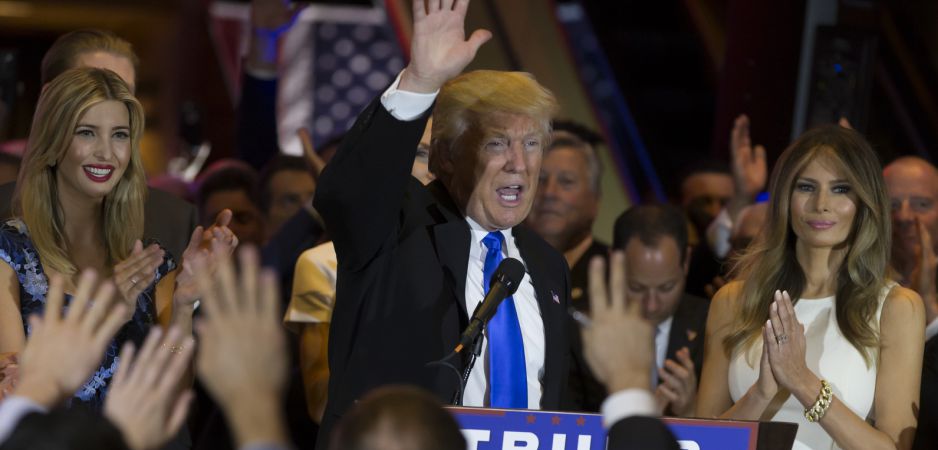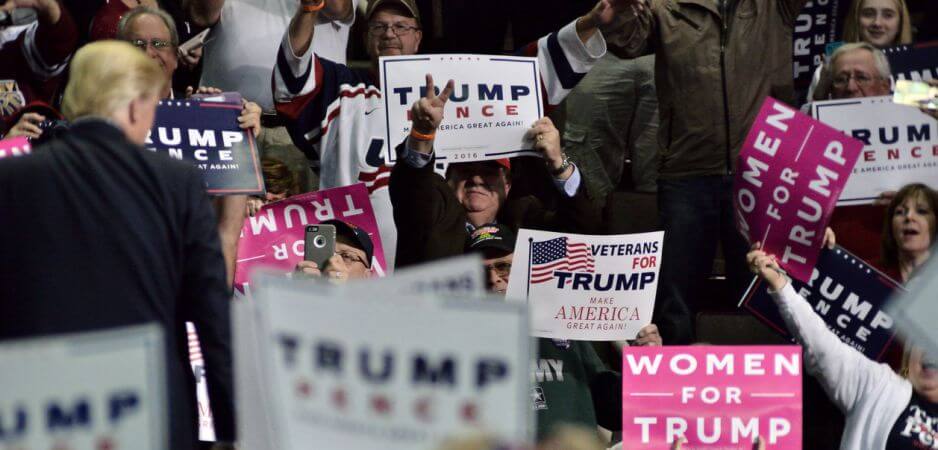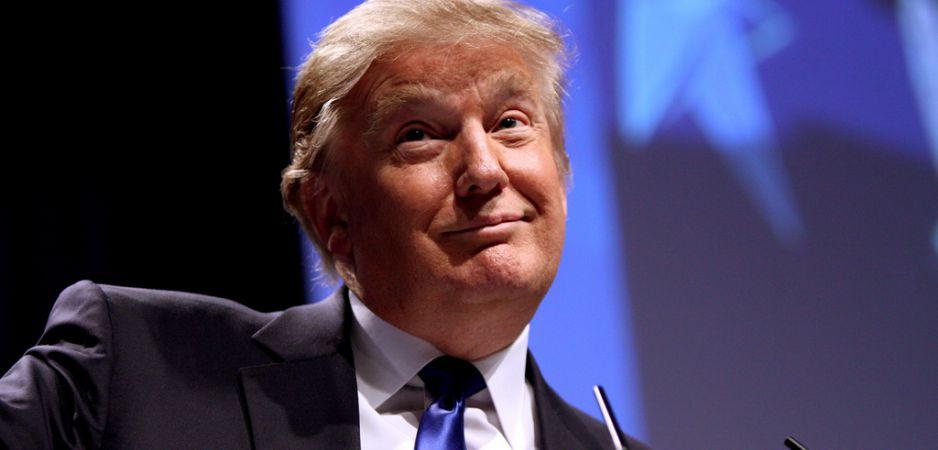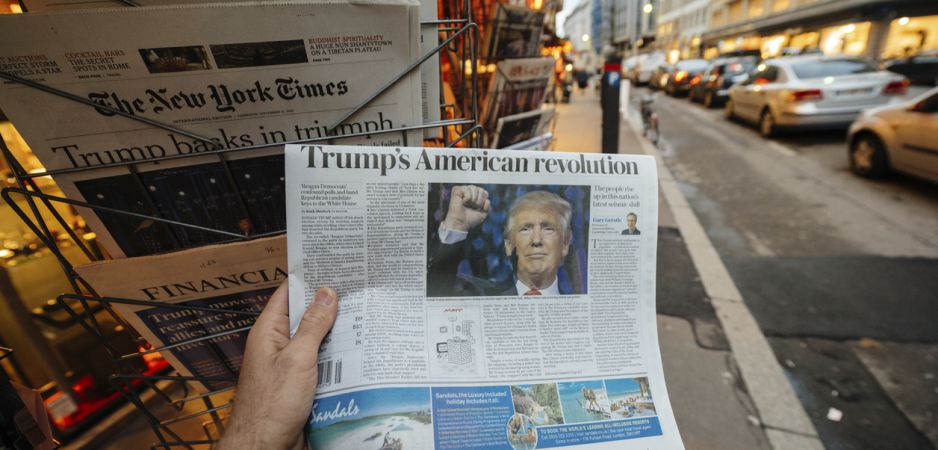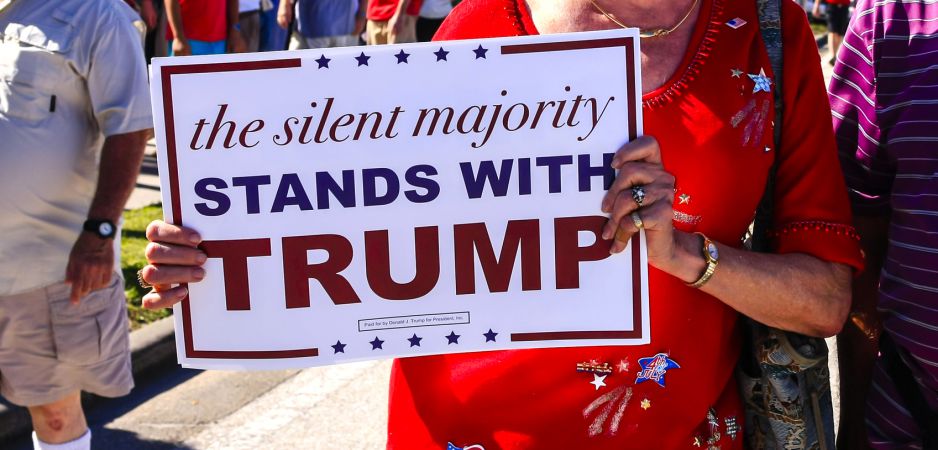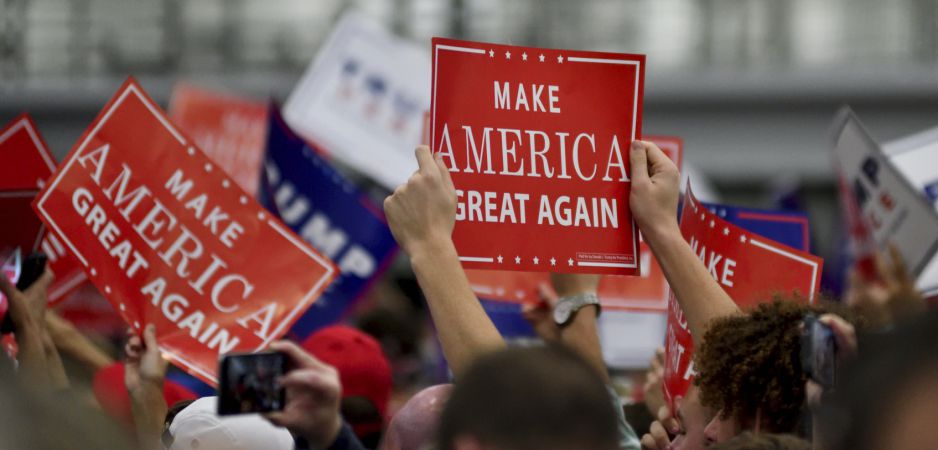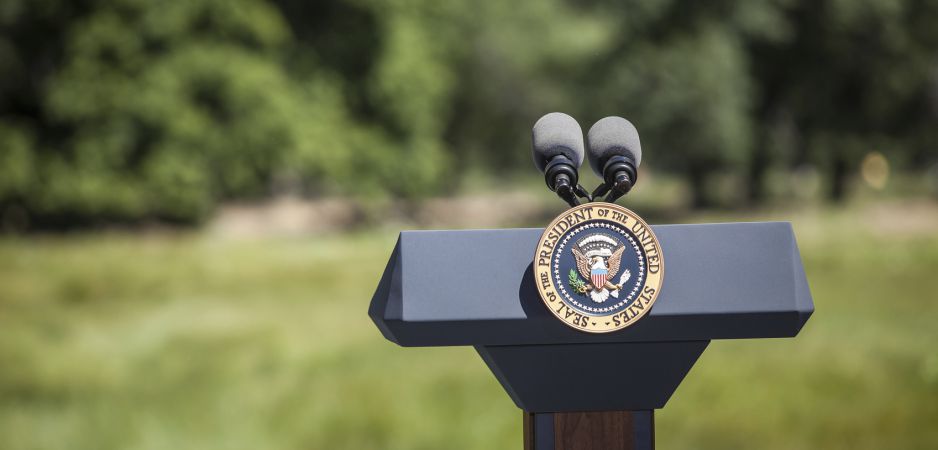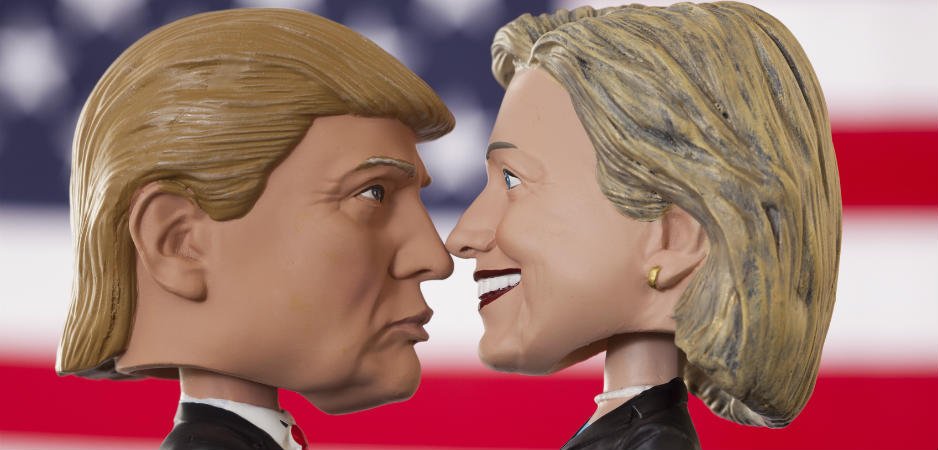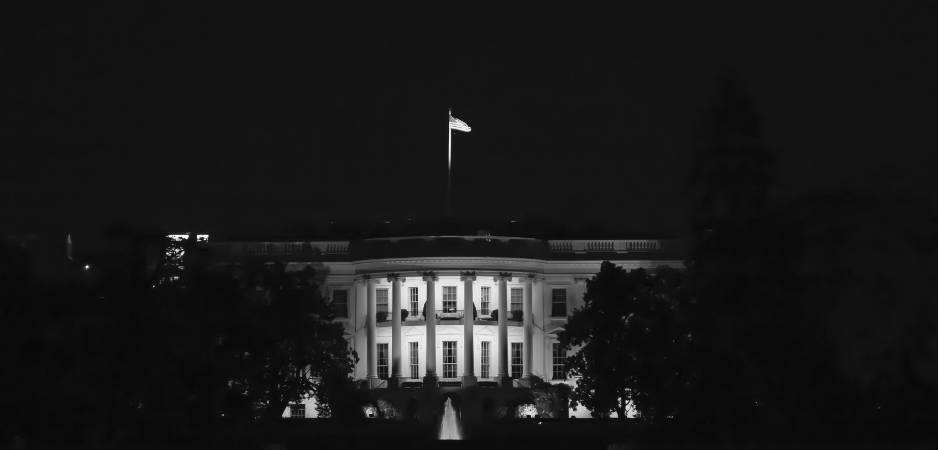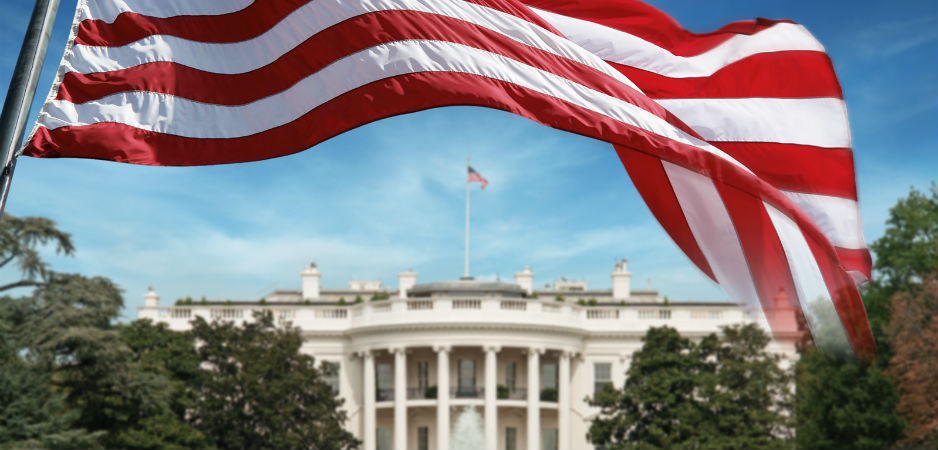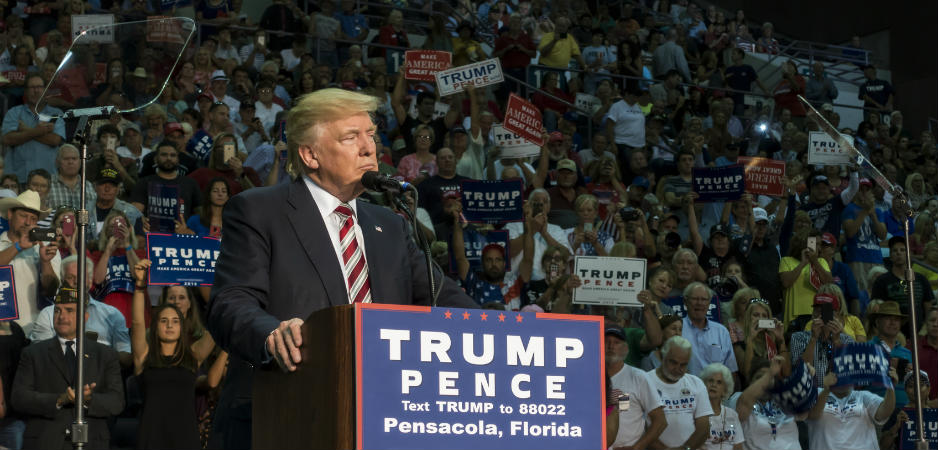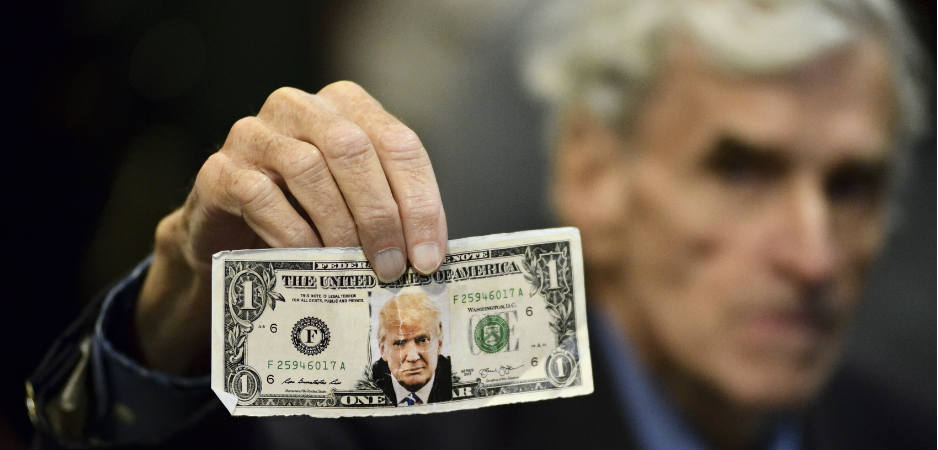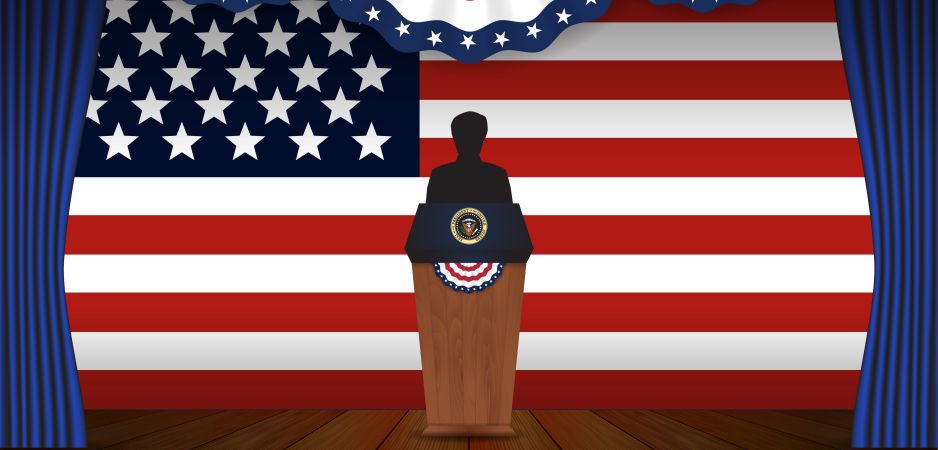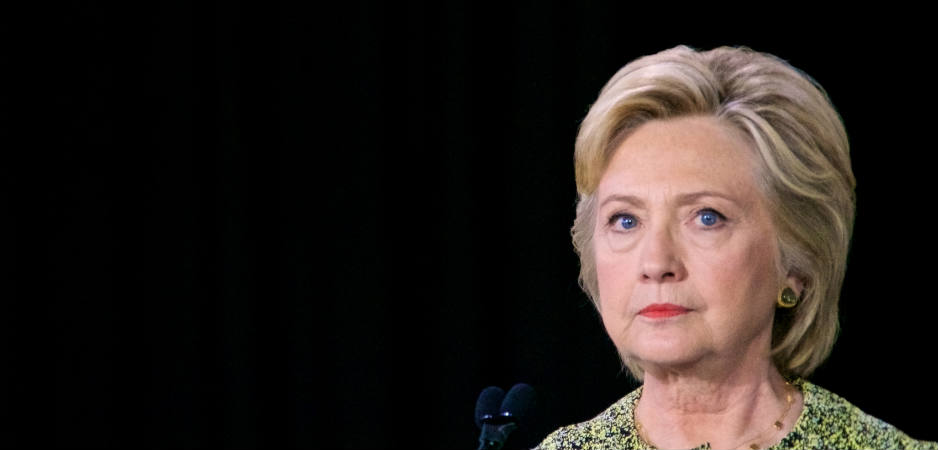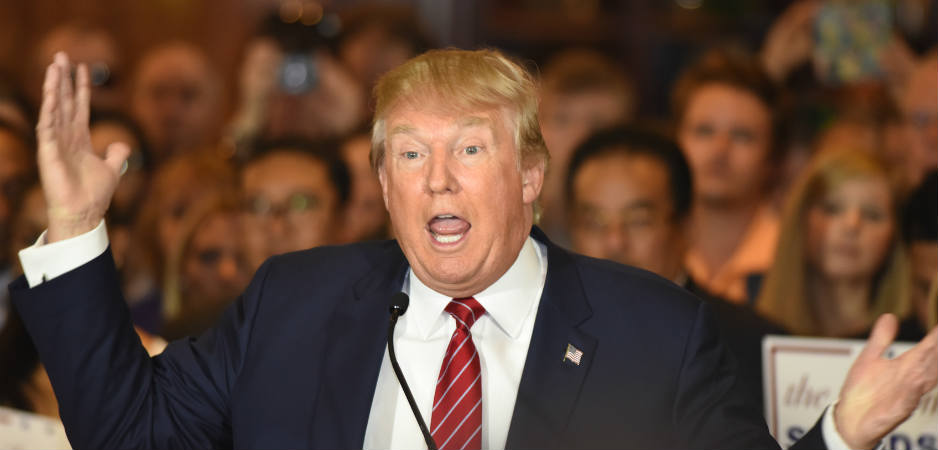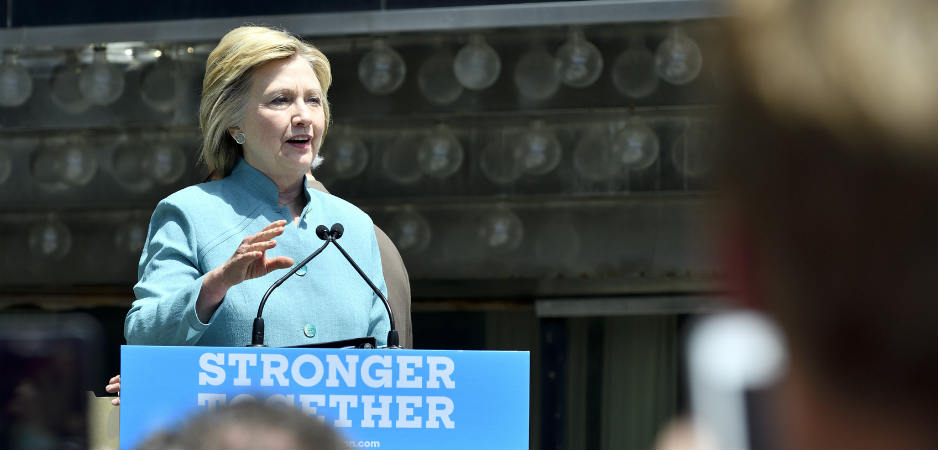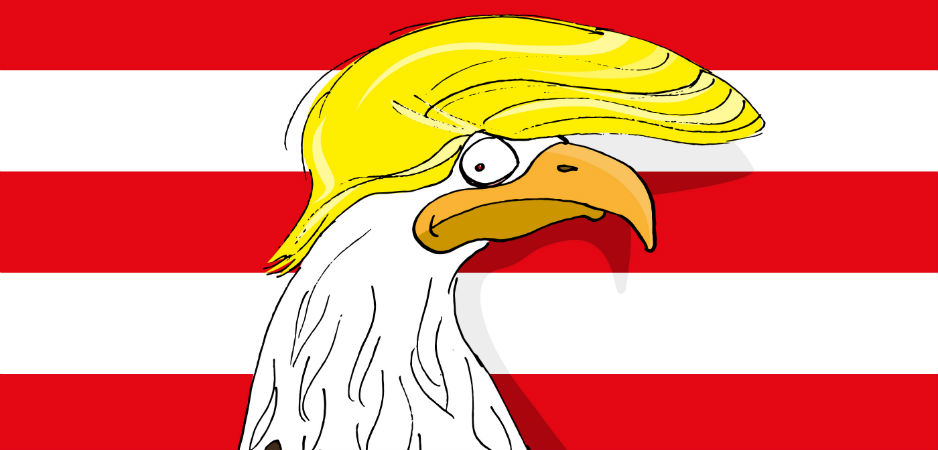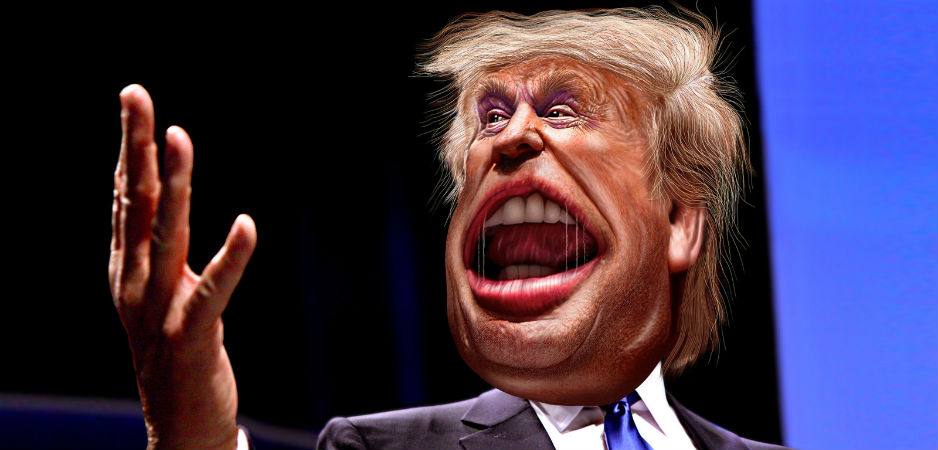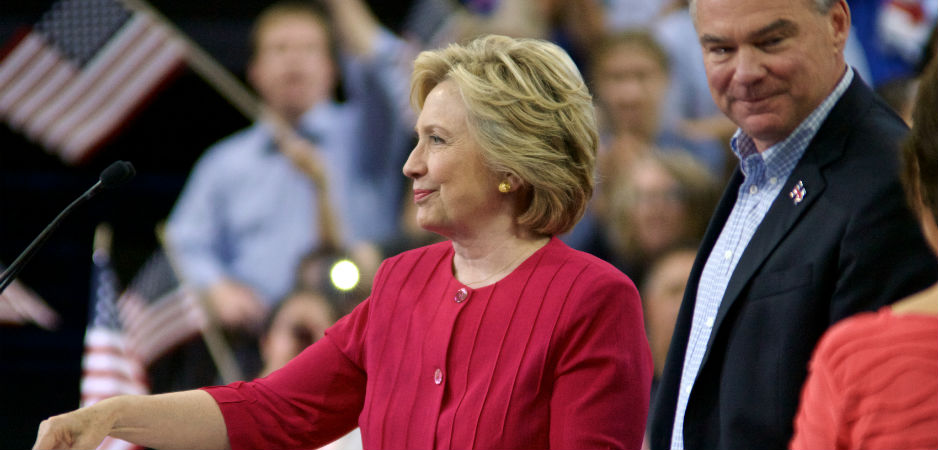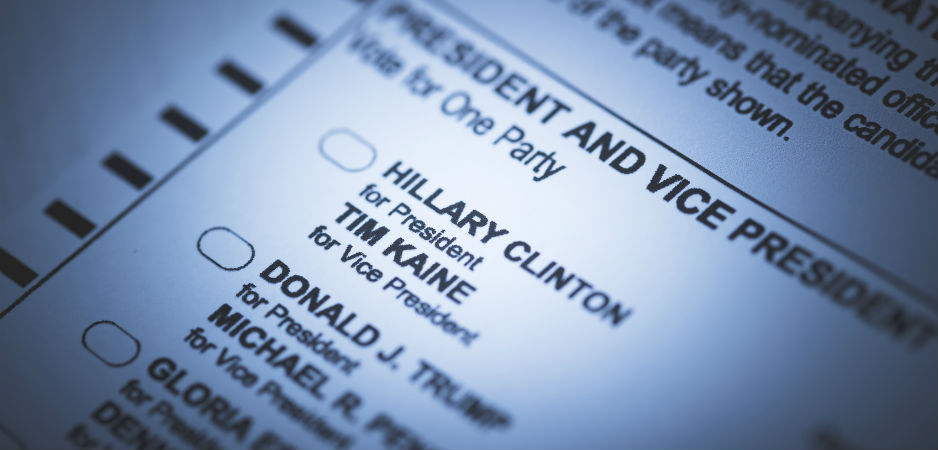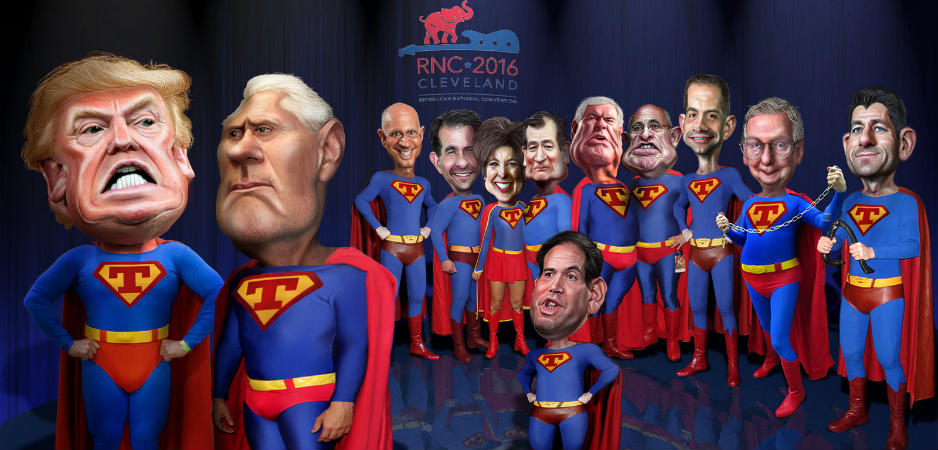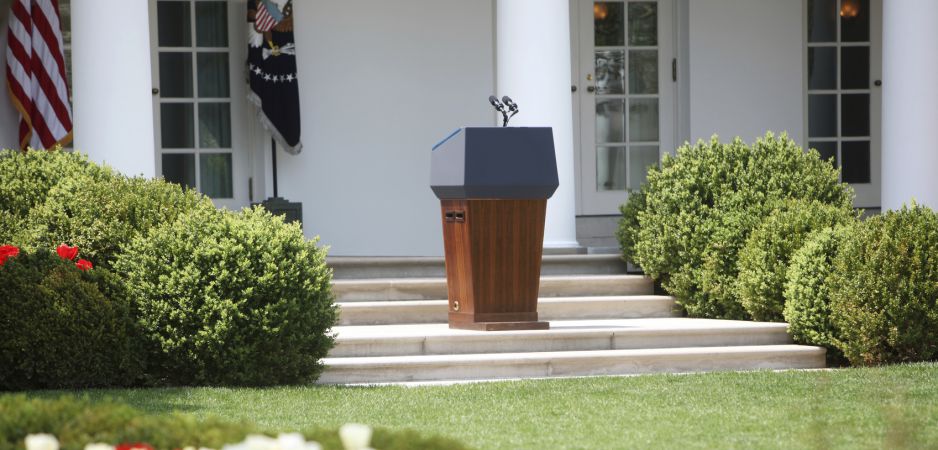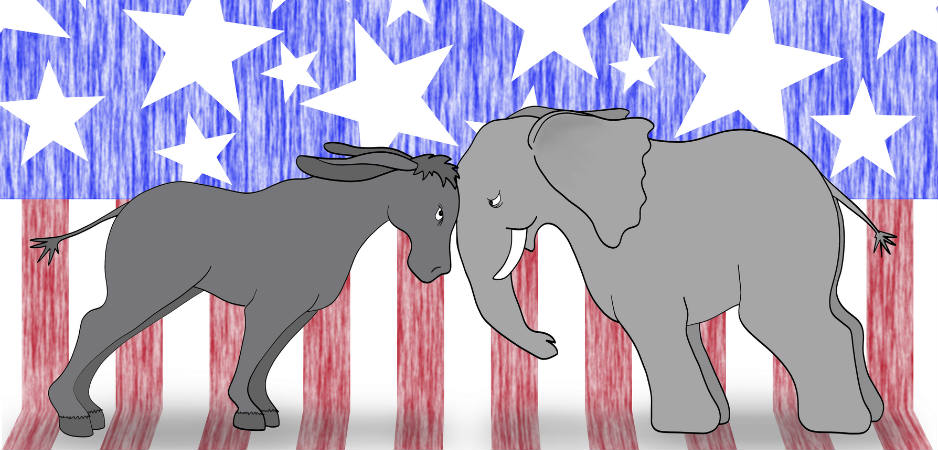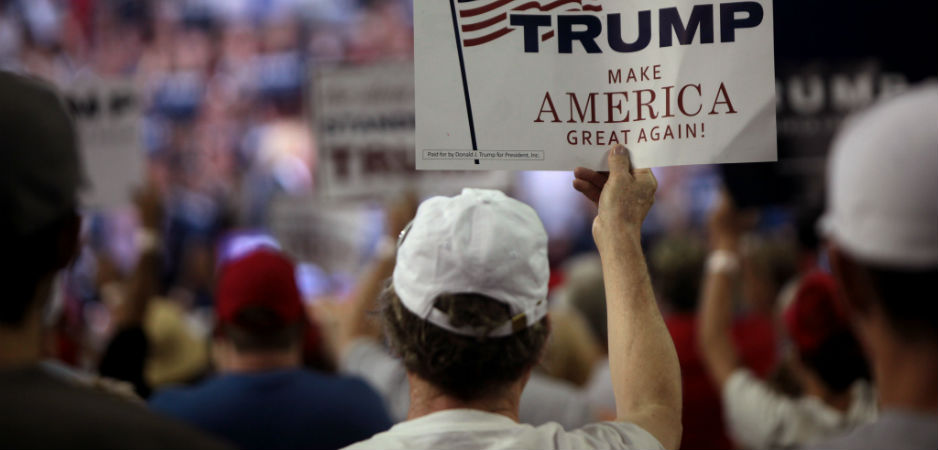Just like Larry King in his aborted interview with Donald Trump, America has been left wondering what’s going on.
The only interesting thing about Donald Trump’s interview with Larry King on RT was the way it ended: abruptly. The American TV host had just asked the Republican presidential candidate what his “feelings” were toward Mexican immigrants, adding that he had known him a long time and wanted to get something straight on this “immigration issue” before beseeching him again with, “what do you feel?”
It came across that King was trying to coax out of Trump that he knew the presidential candidate perhaps wasn’t as anti-Mexican in private as in public. The tone of the question invited a thoughtful, considered response and portended a tantalizing insight into the real Donald Trump. Which made it all the more jarring when he was met with complete silence.
“Donald, are you there?” Apparently he wasn’t. “I don’t know what happened there. We did not lose the connection.”
And that was the end of the interview. It was as if Trump had completely forgotten that he was in the middle of speaking to King and just wandered off. Or maybe he suddenly realized that the optics of him doing an interview on Russian television when he has already being criticized for his admiration of Vladimir Putin wouldn’t look so good.
Before the end of the interview, while King still had Trump’s attention, he asked the Republican candidate what he made of reports that Russia is trying to launch a covert operation to disrupt the election, to which he replied: “I think it’s unlikely … maybe the Democrats are putting that out, who knows.” He then went on to say: “[I]f they are doing something I hope that somebody is going to be able to find out so they can … end it. Because that would not be appropriate at all.”
The short pause for thought before deciding that they should “end it” almost came across as if he had to think of what the appropriate response should be if Russia was found to be sabotaging the election. And the peculiar way in which he blurted out the words “end it” (you really have to hear it to appreciate it) sounded like he had been jabbed in the back with a cattle prod to remind him that condemnation is indeed the appropriate response.
Batman Meets Trumpman
Given Trump’s admiration for Putin, it wouldn’t come as too much of a surprise if he did need someone to remind him to criticize the Kremlin every now and then. Beyond the fondness for Putin’s swaggering brand of national machismo, there is something about Trump’s campaign and his antics prior to entering the race that evince a Putinesque penchant for political theater of the absurd.
It can be seen in the way Trump rose to political prominence, approaching the elections like the Joker does a heist, gleefully throwing off smoke bombs to stun and confuse people while he makes off with the prize. Trump’s smoke bombs being the conspiracy theories that seem to arise from his being like a noxious vapor, enveloping American political discourse in a hazy unreality.
“The president is a Muslim born in Kenya.” Kapow! “Ted Cruz’s father killed JFK.” Zap!
The effect on mainstream America has been bewilderment. Whether the bewildering of the electorate was a cynical campaign strategy from the start or, to paraphrase Noam Chomsky, he actually believes the falsehoods he is producing is hard to tell.
Either way, it has been the fuel propelling the Trump campaign on its wild and careening trajectory, smashing through the Republican establishment like a 12-pin strike and cutting a swathe through the heart of the Democrats. With the entire political system knocked off its axis, Trump is the only one who is able to keep his bearings in the new tilt-a-whirl landscape.
Confounded, American voters stumble around in a fugue state, trying to find their feet only to be knocked sideways by a fasces-wielding mob that suddenly comes out of nowhere.
Looking at Russia and Trump
This brings us back to Putin, or more specifically his chief advisor, Vladislav Surkov. A one-time theater director-turned-political trickster, he is widely regarded as the voice in Putin’s ear and the mastermind behind Russia’s surreptitious Ukrainian campaign. In his documentary, Bitter Lake, Adam Curtis argues that Surkov has taken ideas from the world of conceptual art and imported them into the political realm.
In practice what this means is that Surkov—Putin’s top adviser and a former deputy prime minister—can author two politically-charged science fiction novels so critical of the Kremlin that if they were written by someone else, they would run the risk of being set upon by one of the nationalist youth groups that Surkov himself founded. Or perhaps they would be read approvingly by an opposition party supporter as a damning indictment of Russian politics without knowing that the opposition party they support is no opposition at all, but a Kremlin puppet bought and paid for, again, by Surkov.
The political discombobulation caused by Surkov’s Littlefingering of Russia’s political system has left it in a “constant state of destabilized perception,” according to Curtis, or “a strategy of power that keeps any opposition constantly confused.” A sense of destabilized perception and constant confusion would aptly express the feelings of many Americans trying to fathom how Trump has come so far in this election.
Just like Larry King in his aborted interview, we are left to wonder what’s going on, and how the connection between politics and reality got lost.
We have entered a grave new world in which the poles have been reversed—where a rank misogynist like Donald Trump can be nearly as popular among white women as Hillary Clinton. Where insulting large swathes of the electorate somehow increases your popularity. And where decades of government experience is seen as suspicious, and the complete lack of any is something to boast about.
This is Trump’s Surkovian superpower at work, and it might just be the voodoo by which he bamboozles his way into the White House.
The views expressed in this article are the author’s own and do not necessarily reflect Fair Observer’s editorial policy.
Photo Credit: Scarlet Sails
For more than 10 years, Fair Observer has been free, fair and independent. No billionaire owns us, no advertisers control us. We are a reader-supported nonprofit. Unlike many other publications, we keep our content free for readers regardless of where they live or whether they can afford to pay. We have no paywalls and no ads.
In the post-truth era of fake news, echo chambers and filter bubbles, we publish a plurality of perspectives from around the world. Anyone can publish with us, but everyone goes through a rigorous editorial process. So, you get fact-checked, well-reasoned content instead of noise.
We publish 2,500+ voices from 90+ countries. We also conduct education and training programs
on subjects ranging from digital media and journalism to writing and critical thinking. This
doesn’t come cheap. Servers, editors, trainers and web developers cost
money.
Please consider supporting us on a regular basis as a recurring donor or a
sustaining member.
Support Fair Observer
We rely on your support for our independence, diversity and quality.
Will you support FO’s journalism?
We rely on your support for our independence, diversity and quality.


